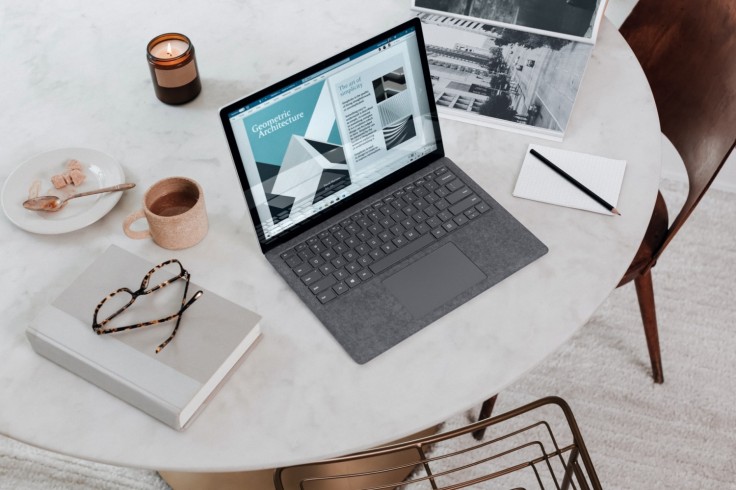
How can you protect data on your laptop? Also, how do you exactly do it effectively? Sure, most of our devices are password-protected. However, as history has repeatedly proven, having a PIN code or an alpha-numeric password doesn't really stop dedicated people from snooping around your devices.
Back in the day, when being always connected to the internet wasn't that common, we mostly enjoyed information security. As long as your laptop isn't connected to a network, the information saved in it is often safe and secure. Unless of course someone has direct physical access to your device.
Fast forward to today, most of our devices are connected to the net 24/7. We play online games, stream movies, work on our next big project, and communicate with our family using either a desktop or laptop.
That's fine and all, but have you ever stopped for a while and think? While doing all of these, you're doing them on the device where you've actually saved sensitive financial, professional, and personal information. What if you were "too busy" and didn't notice that someone gained unwarranted access to your laptop?
Read also: How Does Vinyl Work? Awesome Old-School Piece of Tech for Today's Listeners
How can you protect data on your laptop the easy way?
The best anti-theft device is the user. By now, we've all been used to using passwords. However, don't just use any password that's easy to guess. Use one with a good combination of letters, numbers, and special symbols. My favorite, for instance is using the number "0" instead of the letter "o" for passwords like "techn0.Geek143" (It's just an example, we're sure you can think of better-sounding ones).
Newer computer systems use encryption too. It's a common feature for modern operating systems like Windows 10 and macOS. Let's say someone can't readily access your data and decide to just remove your laptop's hard drive. Encryption makes your data look scrambled, so it won't be easily read if the hard drive is plugged in to a different device.
Third party apps also offer a certain degree of protection. Most internet browsers give users the option to log in and use their personalized settings (themes, bookmarks, and plugins) across all devices. This also includes usernames and passwords to sites you frequently visit. You can turn off auto-fill anytime if you want a more secure log-in experience. Also, you can enable two-factor authentication. Once it's setup, every time you log in to a certain website, a numerical code (or an authorize button) will be sent to your nominated phone.
Lastly, let's think of the worst-case scenario here. What if you lost your laptop or it got stolen? Modern laptops have tools that can help you locate your laptop's approximate location on the map. You also have the option to do a remote lock and, in some instances, a remote wipe of your local data.
Read also: Android Location Tracking and How to Effectively Stop It








